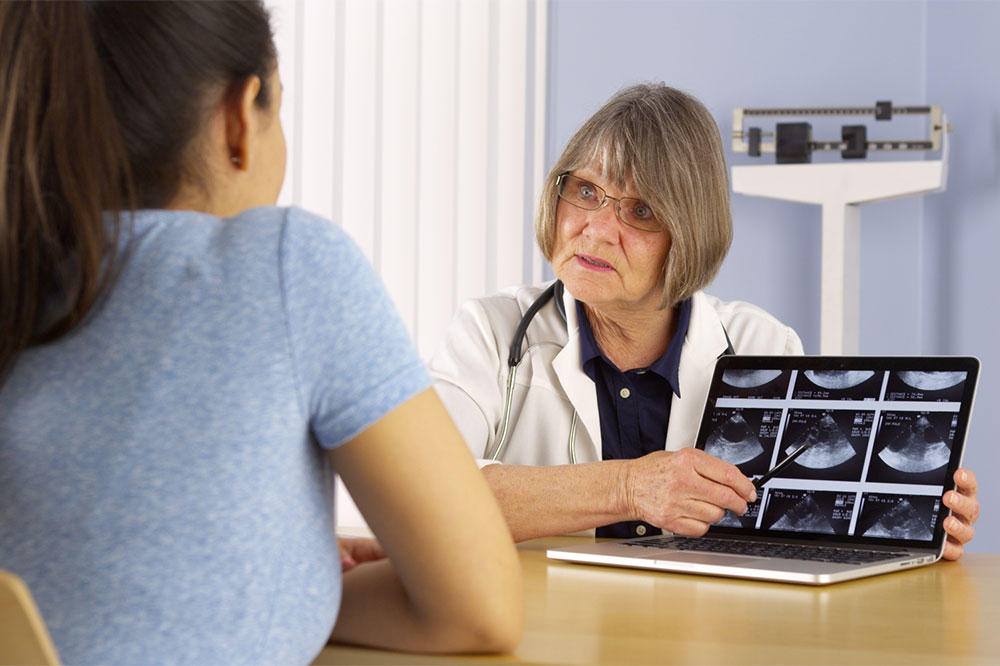
Tips to Reduce the Risk of Cervical Cancer
Cervical cancer is a slow-growing disease that has mild or no symptoms in the early stages. Caused primarily due to human papillomavirus (HPV), a sexually transmitted infection, cervical cancer can trigger serious symptoms such as painful intercourse, heavy bleeding and a prolonged menstrual cycle, increased vaginal discharge, and more. While a cancer of this magnitude may need more than a few measures to be eradicated, here are a few tips that can help prevent it in the first place:
- Regular Pap tests
Routine Papanicolaou (Pap) and HPV tests allow the doctor to detect abnormalities or pre-cancer cells in the cervix. This can alert a person to the cancer before it fully develops in the body. Pap tests should be conducted every three years and the ideal age to do so is 21 and above. HPV tests, on the other hand, should be done every five years for women aged 30 and above. One can even opt for co-testing, which is a combination of both Pap and HPV tests. However, they should discuss their options with an expert before going ahead with any of these tests. For those with no health insurance or insurance that doesn’t cover cervical cancer tests, screening tests can be made possible through the Centers for Disease Control and Prevention’s (CDC) National Breast and Cervical Cancer Early Detection Program (NBCCEDP).
- HPV vaccine
Pre-teens and young persons, i.e. everyone between the ages of 11 and 26 years are eligible for the HPV vaccine. It is advisable to get vaccinated at a young age as the vaccine is made to prevent the HPV cancer and not treat people who are already exposed to it. The vaccine requires a series of shots; and some HPV vaccines also prevent anal and genital warts caused by certain HPV strains.
- Safe intercourse
Sexually transmitted diseases increase the risk of contracting cervical cancer, so it’s best to practise safe sex. Although HPV spreads through sexual intercourse, it can affect any part of the body. Using a condom is imperative even if other contraceptives are being taken. Also, it is best to avoid being intimate with people who have/have had multiple sex partners.
- Quit smoking
Women who smoke are more at risk of cervical cancer as the cervix cells can be damaged by the tobacco content in cigarettes. A weak cervix is more prone to attracting any infection or disease.
- Strengthen your immune system
A strong immune system helps fight infections and early stages of cancer. A healthy immune system is directly associated with our lifestyle choices. Eating healthy, getting adequate workout done, ensuring quality sleep, and limiting alcohol intake are some choices that can help maintain a strong immune system.
Let us now go through some of the risk factors that increase the chances of getting the cancer:
- Genital herpes
Although genital herpes is less likely to increase the risk of cervical cancer, it can most definitely infect the cervix.
- Oral contraceptives
Some studies have associated cervical cancer with birth control pills. Women who have taken oral contraceptives for a prolonged period of time are at an increased risk of cervical cancer.
- Exposure to diethylstilbestrol (DES)
Diethylstilbestrol is drug that was commonly used between the 1940s and 1970s by women to avoid miscarriage or premature deliveries. However, it was later discovered that DES increased the chances of reproductive problems and even cancer in both mothers and daughters born to them. Due to this, women are advised to avoid being exposed to DES.



